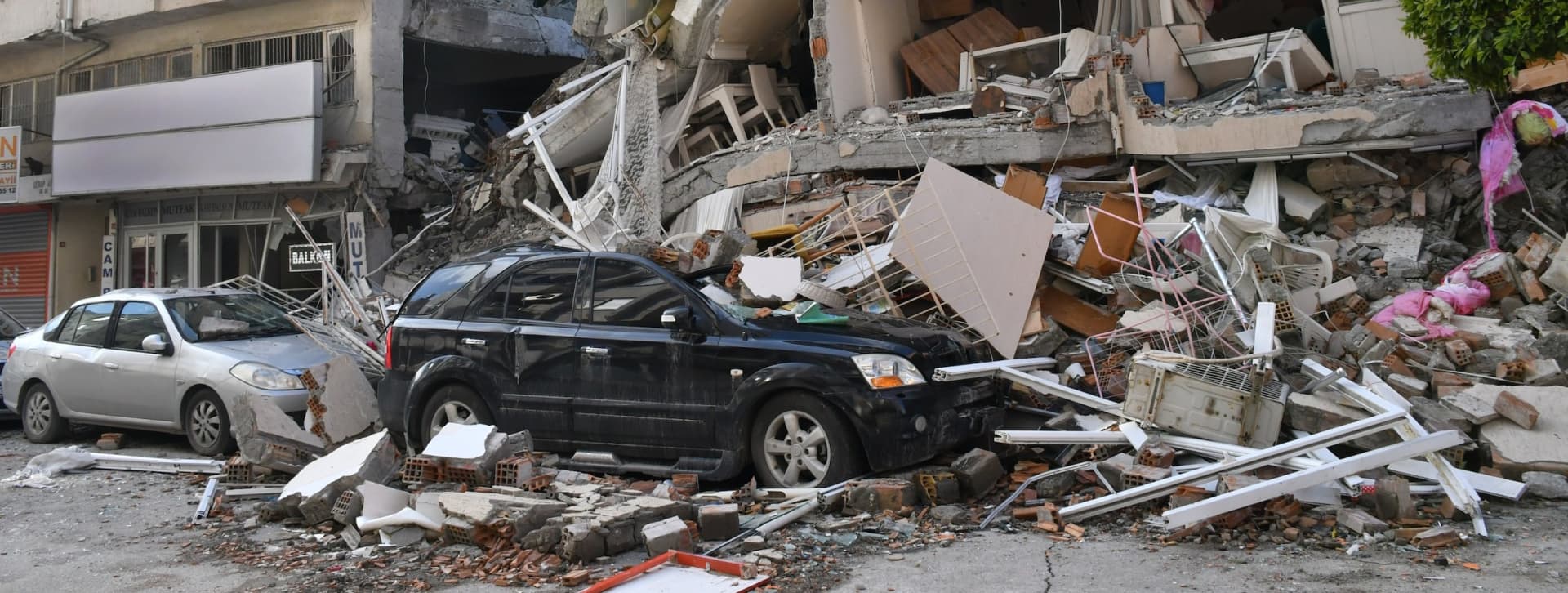3 stories of crisis, action and putting patients first | Takeda Pharmaceuticals

Three stories of crisis, action and putting patients first
Andreas Gutknecht’s phone wouldn’t stop buzzing.
In late October 2022, the general manager of Takeda Indonesia was traveling for work in Thailand when he learned of a growing emergency back home. Hundreds of young children had become seriously ill with signs of acute kidney injury after consuming certain over-the-counter medication. The medication, widely used to treat pediatric fever, was suspected to be contaminated. Nearly 300 children were hospitalized, and 157 others had died1. While Takeda had nothing to do with the contaminated medication, we did have the key to a treatment being sought by Indonesia’s Ministry of Health.
The Ministry sought to acquire an approved drug in Japan for treating this type of toxic injury. We license and distribute this drug in Japan. The Ministry pieced together a few vials from sources in Singapore and Australia, but it needed much more to combat the crisis. We stepped in to fill the remaining need.
That started a 72-hour sprint in which Takeda Indonesia, the Ministry, the Japanese Embassy in Jakarta, and our headquarters in Tokyo and Singapore worked in concert. This resulted in the donation and delivery of 200 vials of the drug to the Ministry for use in hospitals all around the country in response to this crisis2.
“The news cameras were covering the arrival of the drug and the donation by Takeda,” Gutknecht said. “Our donation really made the difference and saved many lives.”
That was echoed by Indonesia’s Minister of Health Budi Gunadi Sakikin.
“This (medicine) was delivered in good faith in the name of humanity for the benefit of the health of Indonesian children,” Sakikin said3.
Ukraine: “A different level” challenge
Regardless of the medication, getting products from factories to patients is challenging in any situation, particularly working across borders, oceans and time zones. But a crisis, whether a manmade or natural disaster, introduces even more challenges, such as the need for speed and navigating devastated infrastructure.
The conflict in Ukraine was a challenge “on a different level,” said François Leclercq, head of Global Transportation.
“We had to understand how to stop some deliveries, re-route them, and make the stock available somewhere else so that nongovernmental organizations and humanitarian convoys with special access were ready to go. Takeda was ready with the right product at the right place for patient supply continuity,” Leclercq said.
The crisis planning team determined that “the right place” was our Regional Distribution Center just over the border in Poland. Leclercq said the location was out of the way of the conflict, and close enough to quickly transport medications, which included treatments for lung cancer and ulcerative colitis.
The crisis management team involved our employees in both countries, as well as support functions from all around the world. Leclercq said the planning calls were solely focused on what was best for patients.
“We weren’t talking about what was going on between the countries,” he said. “We only discussed what was best for the patients. We were a living example of Takeda’s patient-first philosophy.”
“People at the center” of recovery efforts
Crises involving natural disasters do not always allow for contingency planning.
The earthquake that struck Southern Turkey in the early hours of February 6, 2023 devastated the region’s infrastructure. Buildings collapsed, roads were impassable, internet service was down, and mobile phone connectivity was spotty at best.
Despite that, our Human Resources was able to reach all 14 employees who live in the affected area within an hour, confirming that they and their families were okay.
“They really showed up, they put people at the center, and approached us with this purpose, then helped us and supported us in an agile, fast and holistic way,” said Yasemin Kaysili, immunology sales account lead. “They continue to support us mentally, physically and in every way. I just want to thank Takeda.”
As recovery efforts commenced, our Turkey Local Operating Company contributed 1,100 units of albumin, a critical protein in blood plasma, to Turkey’s Ministry of Health, as well as increasing inventories of medicines in warehouses to last up to 40 days, up from about 20 days.
Known “for what we did to help those children”
The quick action and coordination by employees abated the crisis in Indonesia, ensured continued deliveries of medicines in Ukraine and Russia, and helped ease the devastation in Turkey. For Gutknecht, the realization of what he helped accomplish hit home as he watched his three-year-old son sleeping.
“I could only imagine how it would have felt to see him in the ICU, see him sick and dying slowly, how brutal that situation would have been,” Gutknecht said.
Gutknecht said Takeda’s fast reaction helped “enhance its reputation in Indonesia, where it was previously not well known.”
“We’re now known in Indonesia for what we did to help those children,” he said. “We have received so much credit and appreciation. That made me feel proud to work for Takeda and grateful to have been able to help serve all those families who had a sick child.”
https://jakartaglobe.id/news/indonesia-imports-more-antidotes-for-children-with-kidney-injury
This product is not registered in Indonesia and was donated to Indonesia upon request from the Ministry of Health of Indonesia and under the Special-Access-Scheme (SAS).
https://sehatnegeriku.kemkes.go.id/baca/umum/20221029/5541487/200-vial-fomepizole-tiba-di-indonesia/
